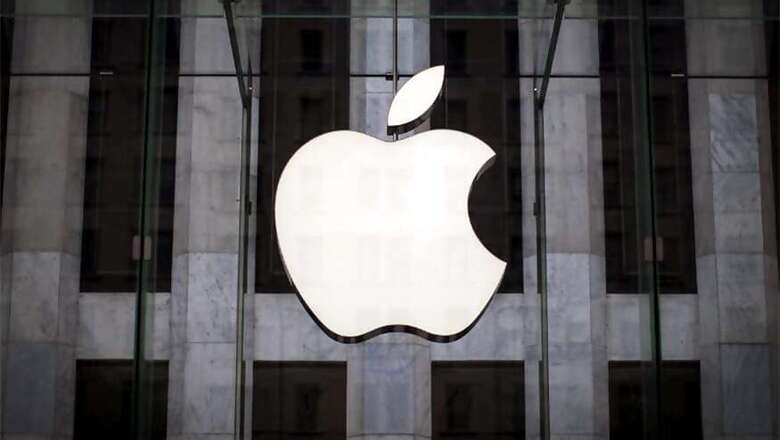
views
UPDATE: In an official statement, Apple has said, "We love our customers in India and we’re eager to serve them online and in-store with the same experience and care that Apple customers around the world enjoy. We appreciate the support and hard work by Prime Minister Modi and his team to make this possible and we look forward to one day welcoming customers to India’s first Apple retail store. It will take us some time to get our plans underway and we’ll have more to announce at a future date.”
Original story: The government of India has announced revised foreign direct investment norms for a wide range of industries. While this affects how many businesses would look at India, one particular aspect of the new FDI norms should positively impact Apple. In its new set of norms for single brand retail (under which Apple qualifies), such companies can set up their own online businesses in India first, followed by physical stores later.
In essence, this would allow Apple to set up its own online Apple Store in India, followed by physical Apple Store outlets in the following years. It is as yet unclear as to what timeframe has been allotted for the maximum duration that can be allowed between the commencement of online business and opening of physical stores. However, the online business for single brand retail can only be set up once the brand commits to the 30 percent local sourcing norm, which is still linked with this sector.
The government, however, has expanded the definition of 30 percent local sourcing in this sector, stating that such businesses such locally source 30 percent of all their procurements linked with its business in India, be it for export products or for domestic sale. The local sourcing of procurement shall also be inspected every five years, and not annually, like before. Given that Foxconn, which assembles Apple's iPhones, is already setting up shop in India, it remains to be seen whether such norms still stand in the way of Apple commencing trade in India officially, and not through third party channels.
The move should also positively affect specialised technology brands, that presently incur heavy duties because of import duties and trade barriers. It remains to be seen how Apple reacts to this development, and what this means for the technology industry in particular, going forward.


















Comments
0 comment